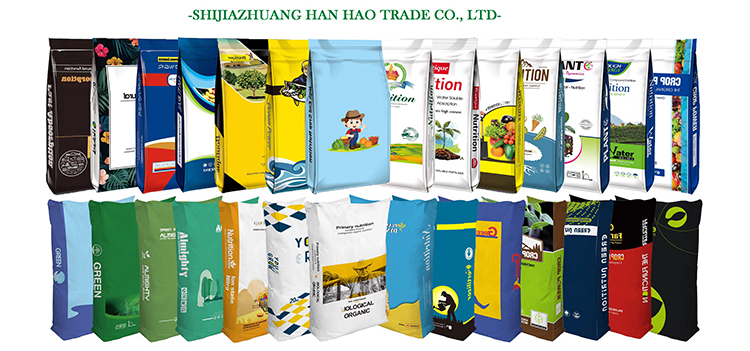
Aug . 21, 2024 10:00 Back to list
Top Organic Fertilizers for Thriving Vegetable Gardens and Sustainable Growth
The Best Organic Fertilizers for Vegetable Gardens
Organic gardening has gained immense popularity over the years, and with it comes the need for effective organic fertilizers. For vegetable gardeners, choosing the right fertilizer can significantly impact the health and yield of their crops. In this article, we will explore some of the best organic fertilizers that are not only environmentally friendly but also highly effective in nurturing your vegetable garden.
Understanding Organic Fertilizers
Organic fertilizers are derived from natural sources such as plants, animals, and minerals. They enrich the soil with essential nutrients, promote beneficial microbial activity, and improve soil structure. Unlike chemical fertilizers, organic options release nutrients gradually, which minimizes the risk of nutrient runoff and promotes sustainable gardening practices.
Benefits of Using Organic Fertilizers
1. Soil Health Organic fertilizers improve soil structure, enhance moisture retention, and promote the growth of beneficial microorganisms. This leads to healthier plants and more resilient gardens. 2. Nutrient Diversity They provide a range of nutrients that are vital for plant growth. Common nutrients found in organic fertilizers include nitrogen (N), phosphorus (P), potassium (K), calcium, and magnesium. 3. Environmental Sustainability Organic fertilizers reduce the risk of chemical leaching into waterways, thus protecting the ecosystem. They also contribute to long-term soil fertility.
Top Organic Fertilizers for Vegetable Gardens
1. Compost Compost is one of the most effective organic fertilizers. It is made from decomposed organic matter, including kitchen scraps and yard waste. It enriches the soil with essential nutrients and improves soil structure. Regularly adding compost to your vegetable garden can enhance the soil’s fertility over time.
2. Manure Animal manure from sources like cows, chickens, and horses is rich in nutrients. It must be well-aged or composted before application to avoid burning plants and to ensure pathogens are killed. Manure enhances soil texture and provides a slow-release nutrient source.
best organic fertilizer for vegetable garden factories

3. Bone Meal Bone meal is a natural source of phosphorus, which is vital for root development and flowering. It is particularly beneficial for root crops and can be mixed into the soil during planting.
4. Fish Emulsion Fish emulsion is a liquid fertilizer made from processed fish. It is a fast-acting option that provides a range of nutrients, including nitrogen. This fertilizer is particularly useful during the growing season and can give your plants a quick boost.
5. Seaweed Fertilizer Derived from marine plants, seaweed fertilizers contain a variety of micronutrients and hormones that promote plant growth. They improve soil health and can be used as a foliar spray or soil drench, offering flexibility in application.
6. Worm Castings Worm castings are a nutrient-rich byproduct from earthworms. They contain beneficial microbes and improve soil aeration and moisture retention. Incorporating worm castings into your soil can lead to healthier and more productive plants.
Application Tips
When using organic fertilizers, timing and application are key. It's essential to follow manufacturer recommendations for the proper amounts and methods of application. Incorporating fertilizers into the soil at planting time can give plants a strong start, while side-dressing during the growing season can provide additional nutrients.
Conclusion
Choosing the right organic fertilizer is crucial for any vegetable gardener aiming for a lush, productive garden. By selecting from high-quality options like compost, manure, bone meal, fish emulsion, seaweed, and worm castings, you can create a thriving environment for your vegetables. Not only do these organic fertilizers promote plant health, but they also contribute to a sustainable gardening approach that benefits the planet. With the right care and nourishing soil, your vegetable garden can flourish, yielding delicious and nutritious produce for you and your family.
-
Premium Organic Manure Compost for Eco Gardens
NewsAug.01,2025
-
Organic 10-10-10 Fertilizer | Balanced Plant Nutrients
NewsJul.31,2025
-
Premium Amino Acid Fertilizer | Rapid Plant Growth Booster
NewsJul.31,2025
-
10 10 10 Fertilizer Organic—Balanced NPK for All Plants
NewsJul.30,2025
-
Premium 10 10 10 Fertilizer Organic for Balanced Plant Growth
NewsJul.29,2025
-
Premium 10 10 10 Fertilizer Organic for Balanced Plant Growth
NewsJul.29,2025
